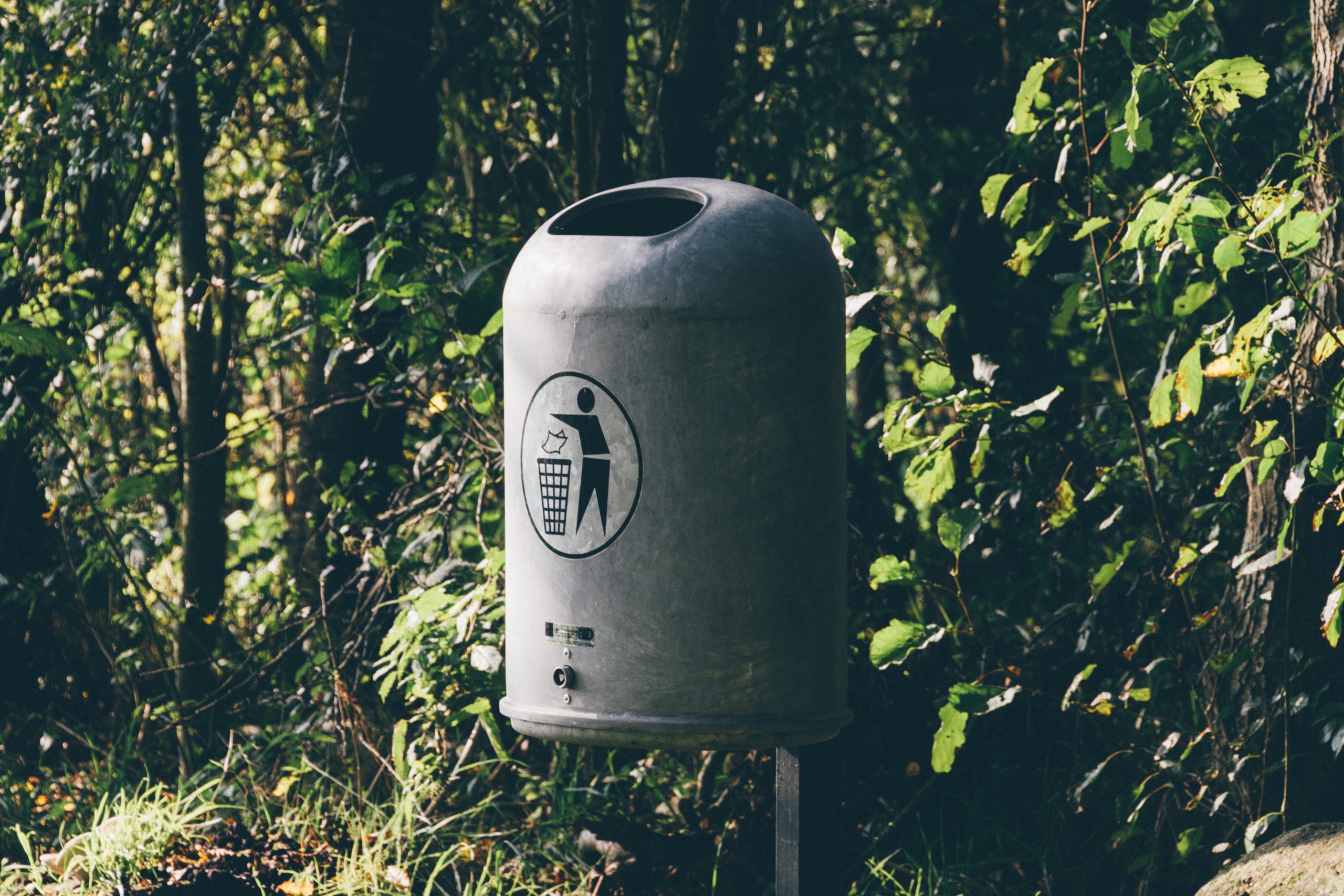If you’re close to finishing your project, don’t have impending health, relationship or financial issues putting a timeline on your PhD, you may want to weigh the opportunity to stay for the degree while spending some time outside the lab amassing other skills that will launch you in a new direction upon graduation, with quitting now.
If you live in a particularly expensive area, yes, you might feel like you’re bleeding cash every month, but then you should be cashing in on the reason it expensive, be it talent, startups, niche businesses, and opportunities available to self-starting people who reach out.
Don’t fear regretting quitting.
Find out if you’ll be likely to actually regret it, because you’ll be able to tell based on the kind of work that drives you, if having a PhD or not will affect you and your future in any way.
If you want to continue doing bench level research, synthesizing scientific research, or to eventually lead in a management role in which many PhDs or experts will be reporting to you, then perhaps a PhD may be implicitly necessary.
Even so, there are plenty of examples of people who don’t even have a bachelor’s degree doing these and other great things in life. Frankly, you are unlikely to flinch when thinking back to this time in your life 10 years from now, so free yourself from feeling like you have a life or death decision to make, unless of course it actually is that serious (sometimes it can be).
For me, I’d always known deep down that the pace and style of academic work didn’t suit me. I still love neuroscience and love that I had the opportunity to venture into its depths in a way that no other role will let me, but it’s not my forever career and I’m so glad I didn’t try to force it to be.
Not continuing on the academic path is ok. Quitting the PhD program is ok too.
Most people who get a biomedical PhD will not continue down the full academic path, and that’s a fact.
So we all need to stop thinking about it like it’s a failure to not continue on a track in which most people leave at some point anyway. This is the new norm, and has been for awhile. Not having a PhD doesn’t make you any less of a person, just like leaving a postdoc to get a full time job doesn’t make your research a waste. It means you’re doing what a trainee is expected to do: move on into a full time position at some point.
Everything we contributed while in academia remains to enrich the knowledge available for scientists who come after us, while we are then able to take our intellect, skills and and personalities forward into the parts of society in which we can make the biggest impact, as unique individuals.
Given the broken way in which we reward our academic trainees, freeing yourself to make the best decision for you is what I consider the best possible win-win situation available at this time.
By Vay Cao, Ph.D.
Want more info about PhD life outside academia? Check out my career talk, “The Modern Employed PhD”, and join the Free the PhD – PhD Job and Career Program for Scientists. Originally shared on Quora.




